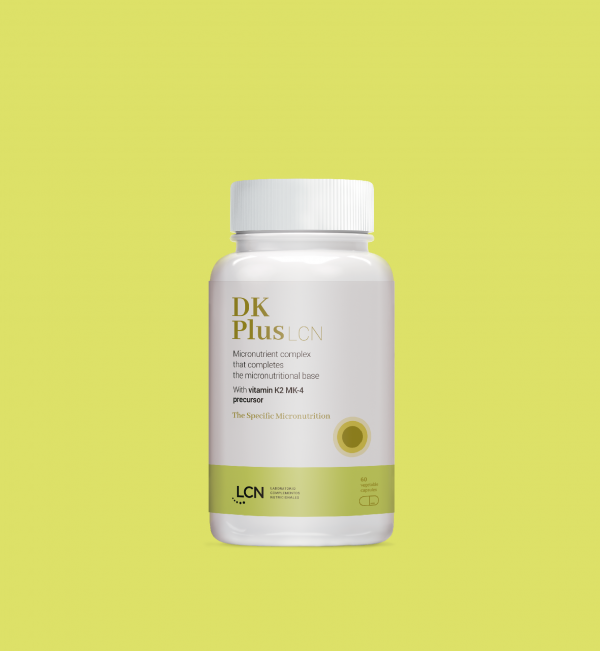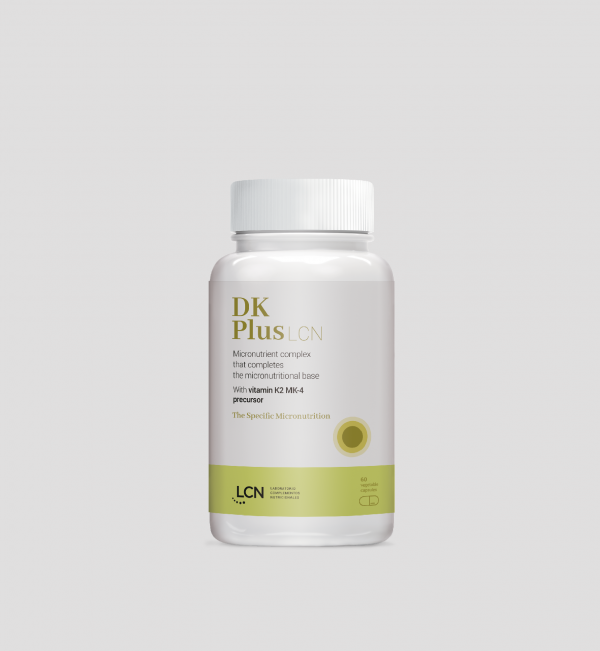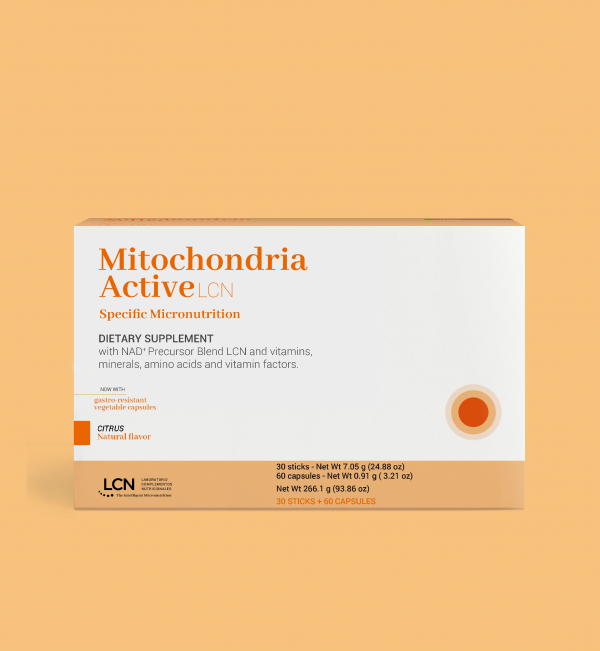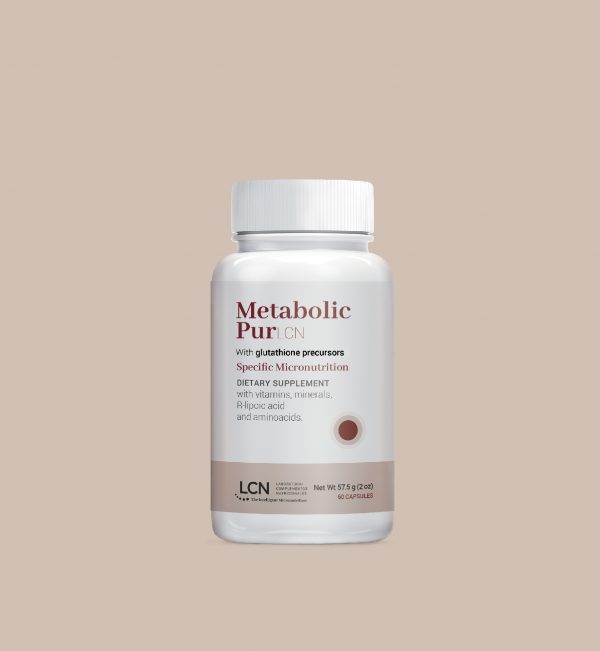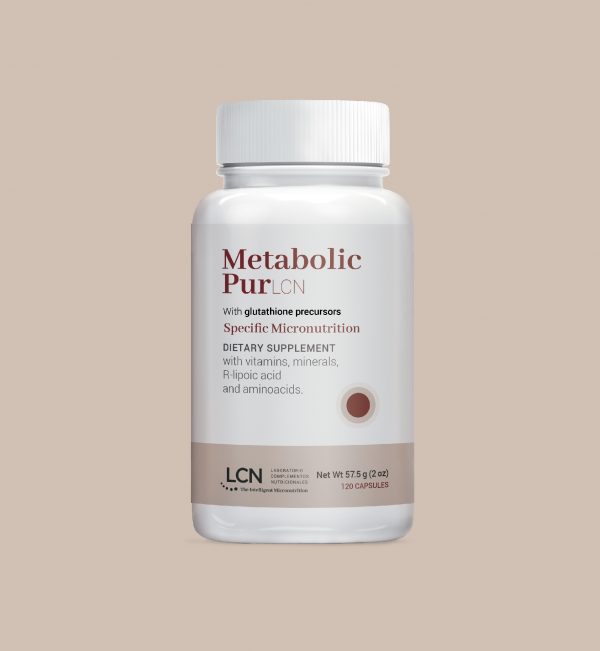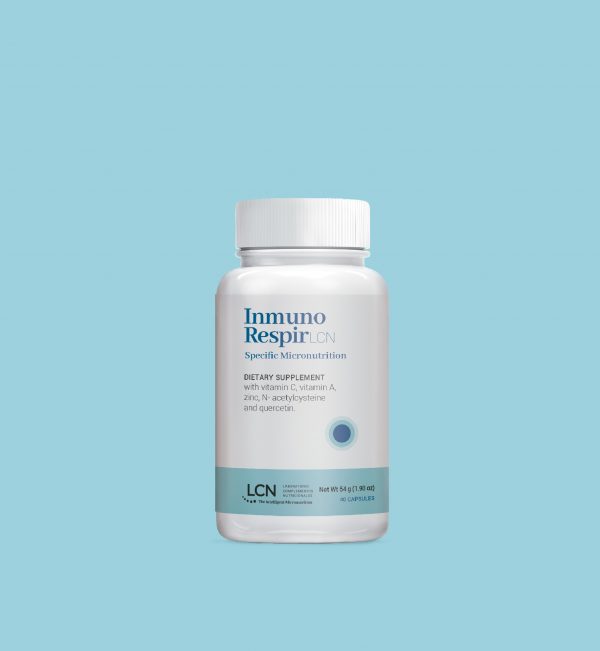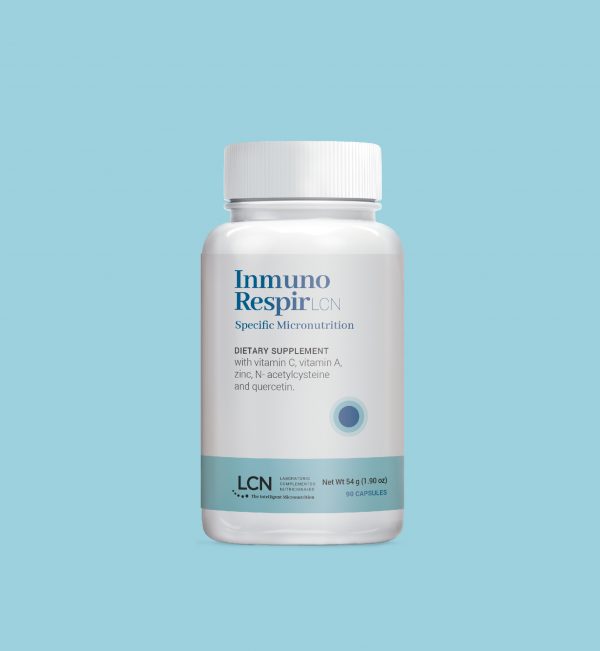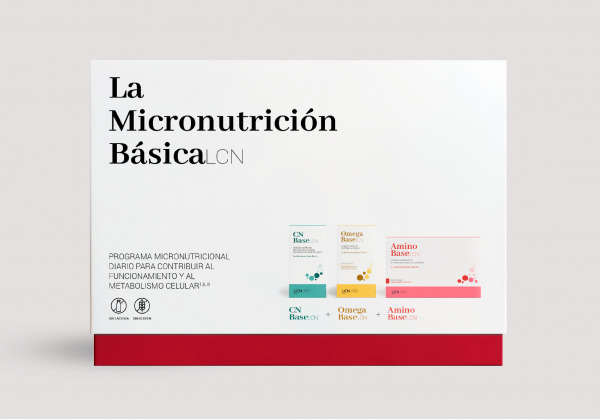Potassium
What is it?
Potassium is an essential mineral and a basic micronutrient
Its main functions are to contribute to the transmission of the nervous impulse and participate in muscle contraction and collaborate in maintenance of blood pressure.
Potassium supplementation
There are different ways to supplement with potassium: inorganic salts, such as potassium chloride, or organic salts, such as potassium malate, potassium glycerophosphate, or potassium citrate.
Intake and deficiencies
Its concentration depends on external inputs.
As potassium is found in large amounts in most foods, one would expect deficiencies to be nonexistent.
According to the ENIDE survey (AESAN, 2011), potassium intakes are below recommended levels, regardless of the organization that establishes them (IDRs or EARs). It is necessary to consider the possible consequences of low intakes of this mineral, especially in relation to high blood pressure. These intakes can be related to low consumption of foods that supply it in the largest amounts, such as fruits, vegetables, and legumes, which represent 50% of the total.
Potassium deficiencies can be heightened by the use of diuretics which increase its elimination, strenuous exercise with inadequate intake, low-calorie diets, alcohol abuse, and frequent vomiting.
Drugs. Drugs that increase the risk of deficiency are mainly the diuretics furosemide, thiazide, acetazolamide, torsemide, indapamide, chlortalidone, etc., but a marginal deficiency can also be accentuated by the following: corticosteroids, bronchodilators (salbutamol, terbutaline, theophylline), and antibiotics.
Foods with potassium
The vast majority of foods contain potassium.
Potassium-rich foods with a low glycemic index include the following: chard, avocado, spinach, mushrooms, broccoli, Brussels sprouts, celery, romaine lettuce, and nuts.
Foods with a high potassium content include the following:
- Fruits, mainly bananas, rhubarb, apricots, medlars, nectarines, papayas, raspberries, figs, kiwis, melons, blackberries, and oranges.
- Dried fruits (all types): dried apricots, prunes, dates, figs, raisins, etc.
- Nuts and seeds (all types): pistachios, almonds, peanuts, walnuts, pecans, sunflower seeds, pine nuts, etc.
- Vegetables, all but principally the following: avocado, Brussels sprouts, spinach, garlic, butternut squash, broccoli, cauliflower, wild mushrooms, chard, watercress, escarole, carrots, artichokes, tomatoes and tomato juice. Mainly raw or lightly cooked.
- Legumes, mainly: navy beans, chickpeas, soybeans, and lentils.
- Whole grains: oats, muesli, brown rice, wholegrain bread, wholegrain pasta, etc.
- Quinoa.
- Whole oats.
- Meats, fish, and shellfish, mainly raw or lightly cooked. Periwinkles (sea snails) contain large amounts of potassium.
- Coffee substitutes: Eko, malt.



